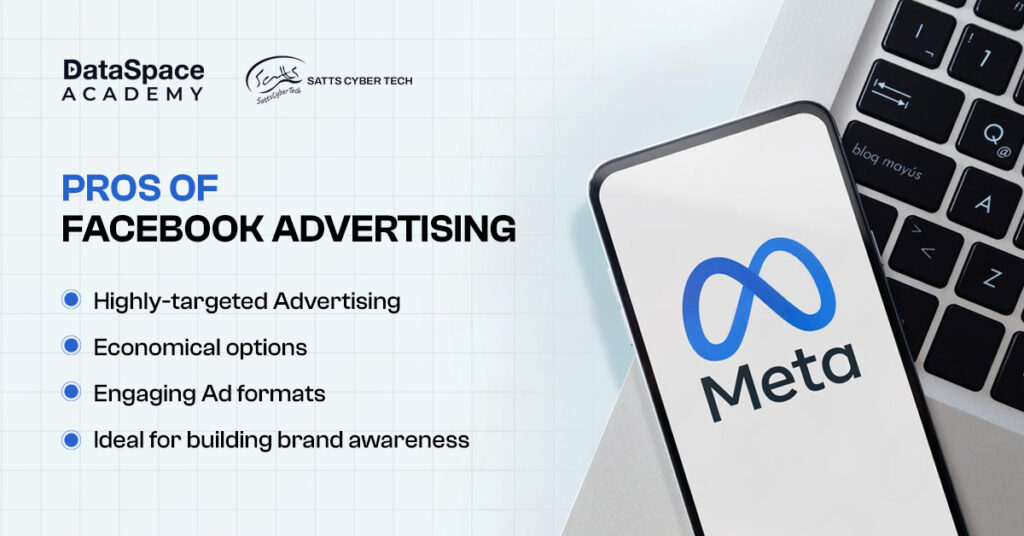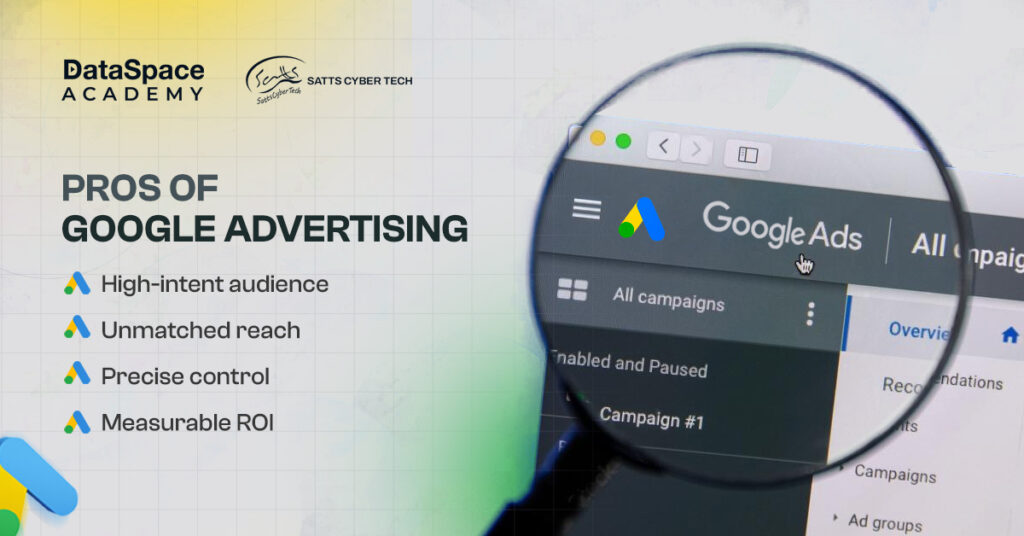Digital advertising is the powerhouse behind most successful online marketing strategies today. When deciding where to allocate your budget, the debate often boils down to
facebook vs google ads. Both platforms dominate the digital ad space but serve distinctly different purposes.
Think of
facebook advertising as casting a net to attract a diverse audience, while Google Ads is like aiming a spear directly at searchers ready to act. Picking the right platform isn’t just about popularity—it’s also about understanding how these tools align with your business goals.
Ready to demystify the battle? Let’s dive in!
Imagine having a storefront in a bustling market. Now picture being able to personally invite every passerby who’s most likely to buy from you.
That’s the magic of digital advertising.
In an age where people spend countless hours online, businesses can no longer rely solely on organic reach.
Platforms like Facebook and Google have revolutionised advertising by making it data-driven, cost-effective, and scalable. Here’s why these ads are indispensable:
Without digital ads, businesses risk losing visibility in a crowded online marketplace. Platforms like Facebook and Google make advertising smarter, not just louder. But to leverage their power, understanding their nuances is key.
Facebook Ads dominate the social media landscape. The platform boasts over 2.9 billion active users, making it a goldmine for businesses.

Managing campaigns is a breeze with
Facebook Advert Manager that offers easy tools for performance tracking and optimisation.
Google AdWords advertising is a heavyweight in pay-per-click (PPC) advertising Google campaigns. With billions of searches daily, Google connects businesses directly with people actively searching for their products or services.

Although
google advertising cost can be higher for competitive keywords, the results are often worth it.
At first glance,
facebook advertising and Google Ads seem like two entirely different beasts. But dig deeper, and you’ll find they share multiple commonalities:
While they differ in approach, the shared features of Facebook and Google Ads demonstrate why both are indispensable in a well-rounded digital marketing strategy.
The answer lies in your business goals:
For many businesses, a hybrid approach works best. Use Facebook for engagement and Google to capture ready-to-buy customers.
Digital ads on Facebook and Google aren’t rivals; rather, they could be more of allies when used strategically. Learning how to leverage both is key to unlocking their full potential.
Interested in mastering digital ad strategies? Enroll in a
digital marketing certification course to equip yourself with the in-demand skills. With the right training, you can take your campaigns—and business—to new heights.




